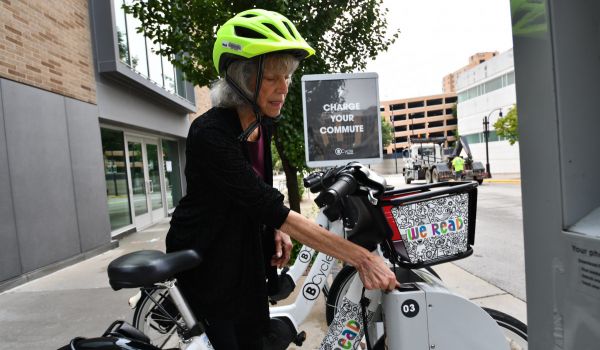It took a whole lot of noise from activists and campaigners for bicycles to be taken seriously at last year’s COP26 summit in Glasgow, and for active travel to be added to the declaration on accelerating the decarbonisation of road transport.
Beyond the serious lobbying from automotive industries, there seems to be a psychological block that prevents the bicycle from being accepted as a central technology when imagining the future of cities.
Sometimes money speaks the loudest. Since 2010, over $200 billion have been invested in autonomous vehicle (AV) technology. Over a similar period of time, just slightly over $2 billion were spent on bike and pedestrian initiatives in the European Union.
If we are to believe the all-powerful technologists, the dream of self-driving vehicles is just around the corner. Yet, looking at the past two years, the biggest revolution has come from vehicles on two wheels. Sparked by the pandemic, supported by people waking up to the climate crisis and now fuelled by the rising price of oil, we’re living through a bicycle renaissance.
From Bogotá to Paris, New York to Milan, crucial investments in cities’ cycling networks have allowed many people to ditch the car for bikes. An increasing number of businesses are also switching to e-cargo bikes to boost their efficiency and cut down on costs, with the number of sales more than doubling between 2019 and 2021. To encourage this change of gear, France is now giving up to €4000 to people who trade in their car for an e-bike.
In 2021, there were twice as many e-bikes sold as electric cars across Europe. In 2019, Elon Musk promised millions fully self-driving cars on the roads within a year. Automakers promising to solve our problems with new car technology and failing to deliver is nothing new.
Today the potential benefits from cycling on health, congestion, pollution and CO2 emissions are crystal clear and increasingly quantifiable, but the benefits of self-driving vehicles remain hazy. When ride-hailing companies like Uber and Lyft promised lower congestion and reduced car ownership, they instead increased congestion and led to a decline in transit ridership. A similar turn of events is more than likely for AVs.
So where does the gap between our imagined future, the promises of techno-kings and the realities of progress come from?
Envisioning and developing collective narratives about the future is the critical first step toward realizing it, yet one we tend to dismiss. As physicist and philosopher Dr. Ursula Franklin described, technology is the house we’ve built for ourselves. When we depict a certain vision of the future, we’re drawing a first sketch of the house. A decent sketch is an essential first step for a good house.
For a long time now, technologists have succeeded in shaping our narratives of progress around objects, and their specific capabilities. It’s difficult not to dream of things plucked from the worlds of science fiction, like flying cars, drones and delivery robots, when thinking 20 years ahead.
But human progress is not limited to how complex and powerful our technological artifacts are. What’s happening in the U.S. with abortion laws and gun violence should make this fairly evident. So should the realities of the climate crisis.
In the context of progress, technology is better understood through the prism of complex systems. We need to consider the ramifications of a technology as it permeates society, how it shapes our organization, our interactions and mindsets.
Like an ecologist reading the relationships that compose an ecosystem, our perception of “car technology” needs to include the dependence on oil, highways, parking in cities, the behavior of drivers on the roads towards others, and the laws that we’ve put in place to sustain it.
The concept of “jaywalking,” for example, is integral to the “car technology” of today. The crime of crossing a street without respecting the dominance of cars was invented by the car industry in the 1920s, who pushed hard to define streets as a place for cars, not people. Our car technology today is also defined by the restriction of movement it imposes on people.
When we begin to see technology through the lens of systems, it becomes clear that genuine technology-led progress will focus on dealing with the accelerating complexity of today’s world, not increasing the complexity of our tools.
In cities, cyclo-logistics is slowly but surely demonstrating that cargo bikes can outcompete van deliveries in cities , and have the potential to fundamentally transform cities (the boom in e-commerce deliveries has made vans are one of the worst actors in cities, with disproportionate effects on congestion, pollution, city space and road casualties). While cargo bikes as such are unlikely to change dramatically, their potential remains largely untapped. One reason for this comes from limitations of the incumbent van technology that orchestrates urban deliveries. Our best AI algorithms are currently not able to model nimbleness of cargo bikes as logistics vehicles, and the dynamic operations they permit in complex and uncertain urban environments. Software that can dynamically optimize scenarios where vans “re-feed” cargo-bikes throughout the day is only in its infancy.
Similarly, network scientists have recently been developing new algorithms to efficiently grow bicycle networks in cities using data. In this case again, the core of the innovation lies not in revolutionizing the bicycle (and why should we, with the fastest, most energy efficient, resilient, and lowest carbon emitting urban vehicle?), but in intelligently organizing urban mobility flows.
While these changes might be harder to perceive than the latest gadgets, their measurable impact on people’s journeys and accessibility are noteworthy and undoubtedly signs of progress.
Despite the reluctance of technologists, bicycles can be at the core of the technological revolution needed in cities. It might just require us to use a different lens.
Nicolas Collignon is a co-founder at Kale Collective, a tech company aimed at accelerating the transition to cargo bike logistics in cities. He holds a PhD in computational cognitive science and has worked as a data scientist with a cargo bike logistics start-up as well as a cargo bike manufacturer.

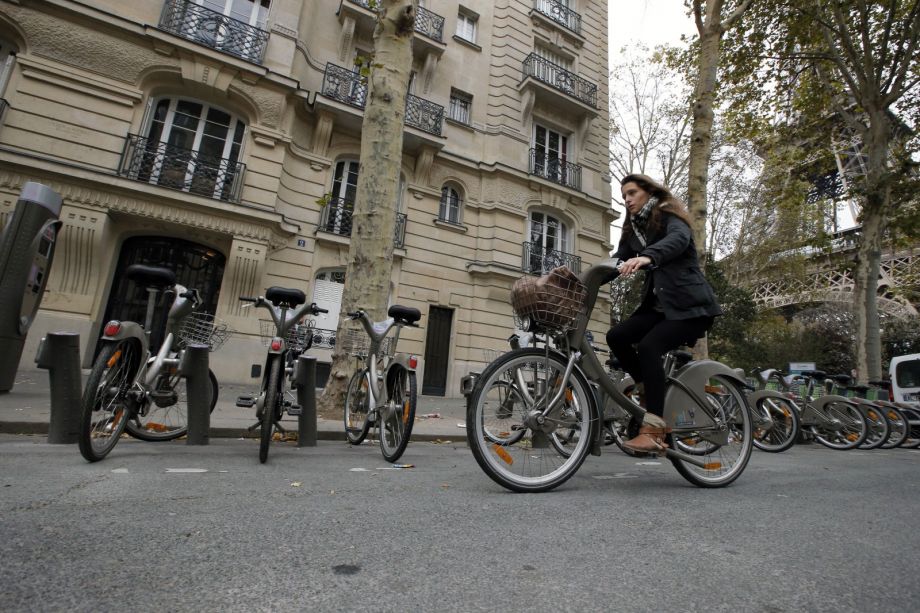
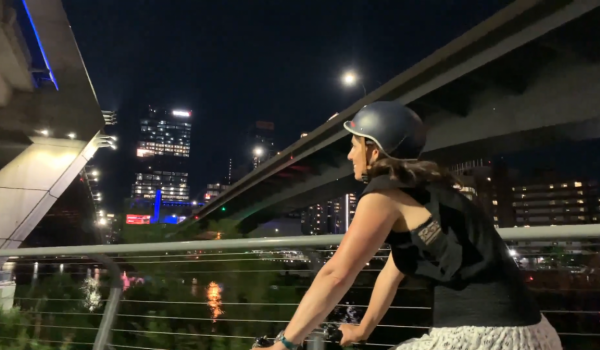

_600_350_80_s_c1.jpg)
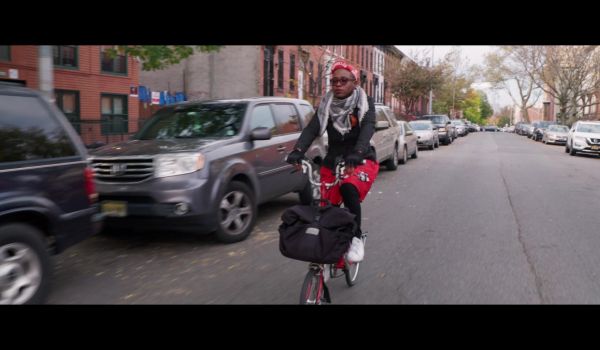

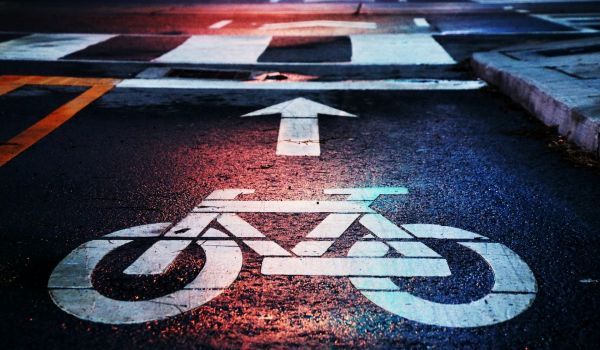
_on_a_sunday_600_350_80_s_c1.jpg)
